

Published by The History Press
Charleston, SC 29403
www.historypress.net
Copyright 2012 by Paul Malkoski
All rights reserved
Cover image: Swallow Hill Marques. Nick Annis.
First published 2012
e-book edition 2012
ISBN 978.1.61423.367.1
Library of Congress Cataloging-in-Publication Data
Malkoski, Paul A.
The Denver folk music tradition : an unplugged history, from Harry Tuft to Swallow Hill and beyond / Paul Malkoski.
p. cm.
print edition ISBN 978-1-60949-532-9
1. Folk music--Colorado--Denver--History and criticism. I. Title.
ML3551.8.D46M36 2012
2012001588
Notice: The information in this book is true and complete to the best of our knowledge. It is offered without guarantee on the part of the author or The History Press. The author and The History Press disclaim all liability in connection with the use of this book.
All rights reserved. No part of this book may be reproduced or transmitted in any form whatsoever without prior written permission from the publisher except in the case of brief quotations embodied in critical articles and reviews.
CONTENTS
FOREWORDS
Community. Thats what its all about.
I didnt know it when I first got interested in folk music (the dreaded F word). I had just returned to my classes at Dartmouth College after a summer of travel, during which time I began learning guitar and understanding its two additional bass strings, which differentiate it from my baritone uke. I heard that there was a folk song club on campus, and upon joining, I learned that it had booked Pete Seeger for a concert. He arrived in town in the afternoon for a meeting of the club, before his evening concert. His message to us was simple: go out into the surrounding area and seek out folks who make music, collect them and perhaps start a festival with them. I believe that his underlying message was that music is a medium that brings folks together, that community is so important to our survival and we need music in our lives.
Music pleases, music binds, music heals, music brings joy and eases sorrow. What greater reward than to be a vehicle through which music is spread? Im forever grateful for that.
Harry Tuft
November 2011

Hear for a moment
We are always in a unique moment in time. Throughout our lives, significant events and experiences creep in to subtly remind us of this fact. Sometimes they hit us like a freight train. Music is such an experience. I see it every day.
Some may say that music is not the soundtrack to their lives, just the background notes between here and there. But who has not been moved by taps playing at a funeral? Who has not had a reaction to The Star-Spangled Banner at a ballgame? Who has not remembered a spiritual song like Amazing Grace or seized an anthem to represent their transition into young adulthood?
People have always found places to gather to share common, transformative experiences. Music has been central, if not the exclusive focus, to a majority of these gatherings, from the fires on the plains of the Serengeti, to the arenas of Ancient Greece, to town squares, churches, coffee shops and Central Park.
The place is central to the experience, but there has to be an environment, or culture, in that place to help channel the experiencenot manage or control it but help facilitate and encourage it, to make sure that everyone feels equal, part of the transformation. Daily, I witness the special dynamic when music is shared person to person, among a group or within our community. It becomes amplified somehow, and we want more.
People like Harry Tuft at the Denver Folklore Center and the folks at Swallow Hill Music understand this power and help to facilitate it. There is recognition that the collective musical experience is much bigger than the sum of its parts. The simultaneous human transformation that happens during a musical performance or while learning to play an instrument brings an honest, true joy to peopleand it somehow cements us together.
The feeling is profound, often euphoric, sometimes sad and always human. Being in touch with this humanness is humbling. And there is a quiet reverence you give to this time, when you have passed through this moment awareand changed.
This book is about the power of music and community in Colorado. But it happens all over the globe, and its comforting to know that we are connected in a bigger, important way. From my seat in Denver, I am thankful that there are people like Harry Tuft who help make this happen. And Im thankful that I am one of the stewards of the mission that embodies Swallow Hill Music.
We are just a few in a long line of people who are here for a moment to share or teach a song. We know that the music lasts longer than we doand we are glad for it.
I believe that in this busy, crazy world, people crave this interaction more than ever. In an era when music is too often a thingmore commoditized than ever, sold in bits and byteswe still keep gathering in places to share it on the most elemental level. These are the places I like to be.
Tom Scharf
December 2011
PREFACE
As a boy growing up in western Kentucky, I knew at some level I was different from the other kids. Like most youngsters in the 1950s, I chose up sides for sandlot baseball games, played cowboys and Indians in the nearby woods, watched Walt Disneys Davy Crockett movies at our neighborhood theater and viewed Saturday morning cartoons and shoot-em-ups on television. Music was always special to me, though my family was not particularly musical. My mother played a little piano as a girl, and my father played trumpet (by ear, no less!) in his high school band, but there were no instruments in our house and precious little money for lessons of any kind. My mother regularly listened to the radio as she went about her housework, and when I was nearby, I paid close attention to the pop tunes that poured outpop, country and early rock-and-roll. It was all there in those days before Clear Channel took over and radio became obsessed with market segmentation and cost control. On our all-too-infrequent car trips (my father worked six days a week as assistant manager of a department store), I often stood on the transmission hump in the back seat (seat belts were years away) with my attention riveted on the sounds floating out of the glowing dashboard radio. I was too young to be discerning; I listened to and liked it all.
Sometime in the late 1950s, my father brought home a record player, an early portable RCA stereo that looked like a beige suitcase. It rested on a metal frame in our living room, the turntable folded down in the middle exposing the controls, while the speakers swung out from the sides like a set of ears, and it played these newfangled 33 rpm long-play albums in stereo! Unlike my playmatesthough I didnt realize it at the timeI sat in front of the magic box and listened to whatever albums my father had purchased, mostly big bands like Guy Lombardo, vocal groups like the Ink Spots and Broadway musicals or movie scores. I had my favorite albums, including the soundtrack from Around the World in Eighty Days, which I would play over and over and over again, much to my mothers chagrin. She liked the music but didnt care much for the tedious repetition.
rpm long-play albums in stereo! Unlike my playmatesthough I didnt realize it at the timeI sat in front of the magic box and listened to whatever albums my father had purchased, mostly big bands like Guy Lombardo, vocal groups like the Ink Spots and Broadway musicals or movie scores. I had my favorite albums, including the soundtrack from Around the World in Eighty Days, which I would play over and over and over again, much to my mothers chagrin. She liked the music but didnt care much for the tedious repetition.
Next page
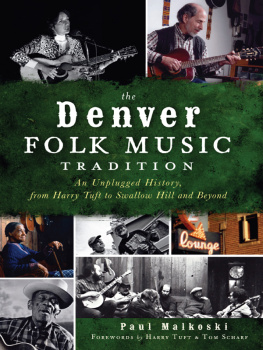

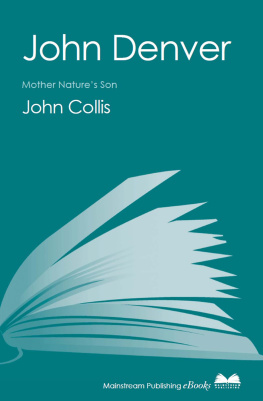
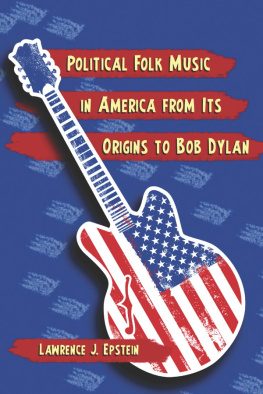
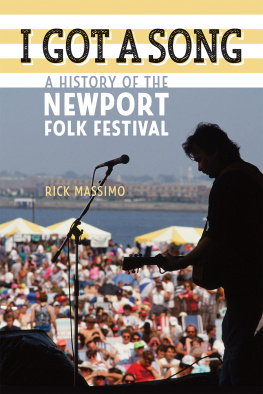
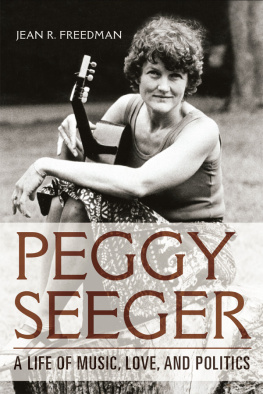
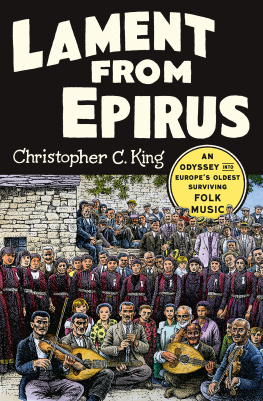
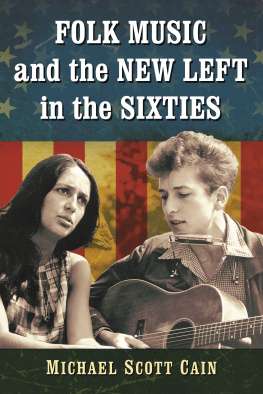
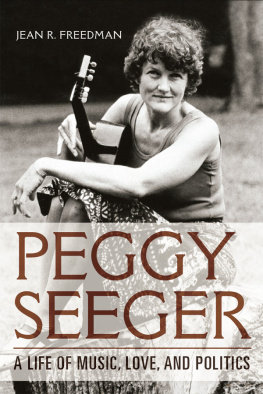



 rpm long-play albums in stereo! Unlike my playmatesthough I didnt realize it at the timeI sat in front of the magic box and listened to whatever albums my father had purchased, mostly big bands like Guy Lombardo, vocal groups like the Ink Spots and Broadway musicals or movie scores. I had my favorite albums, including the soundtrack from Around the World in Eighty Days, which I would play over and over and over again, much to my mothers chagrin. She liked the music but didnt care much for the tedious repetition.
rpm long-play albums in stereo! Unlike my playmatesthough I didnt realize it at the timeI sat in front of the magic box and listened to whatever albums my father had purchased, mostly big bands like Guy Lombardo, vocal groups like the Ink Spots and Broadway musicals or movie scores. I had my favorite albums, including the soundtrack from Around the World in Eighty Days, which I would play over and over and over again, much to my mothers chagrin. She liked the music but didnt care much for the tedious repetition.